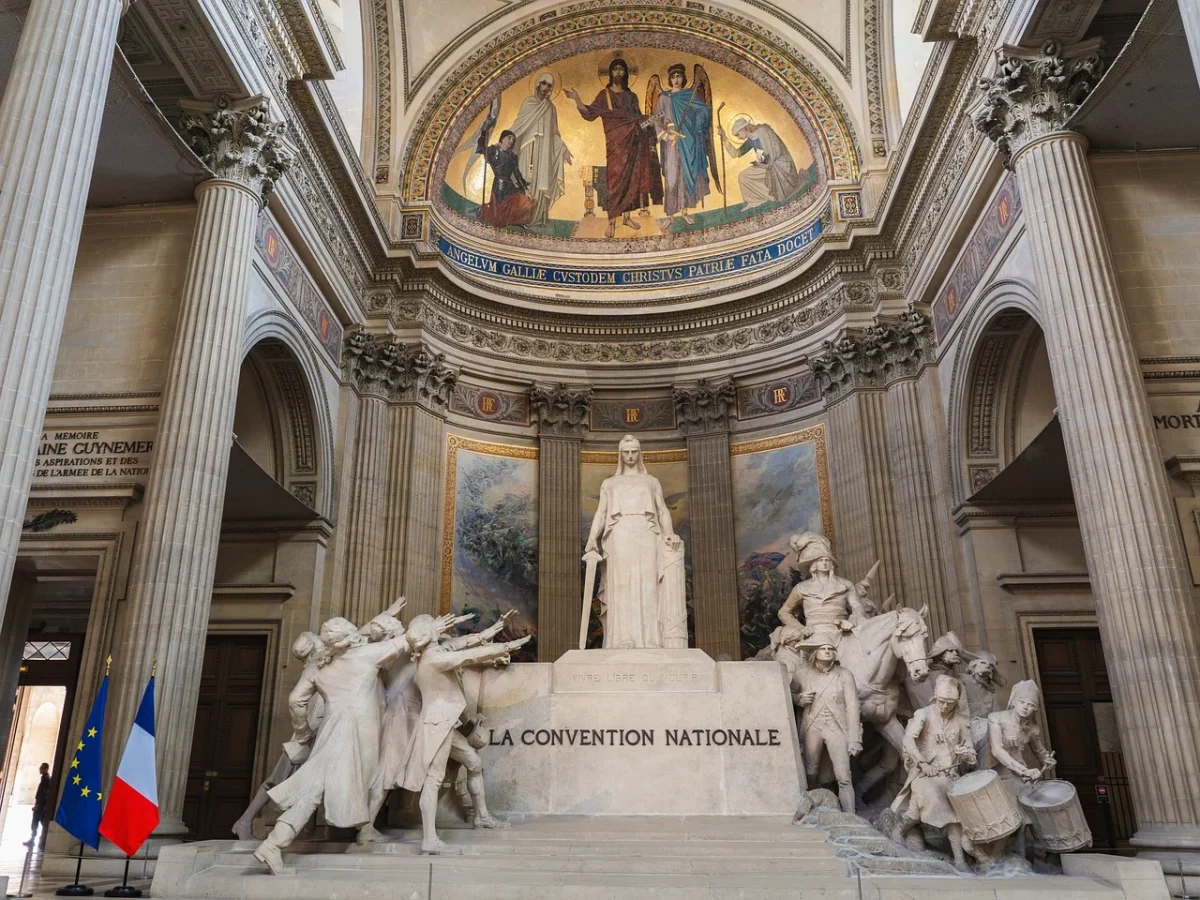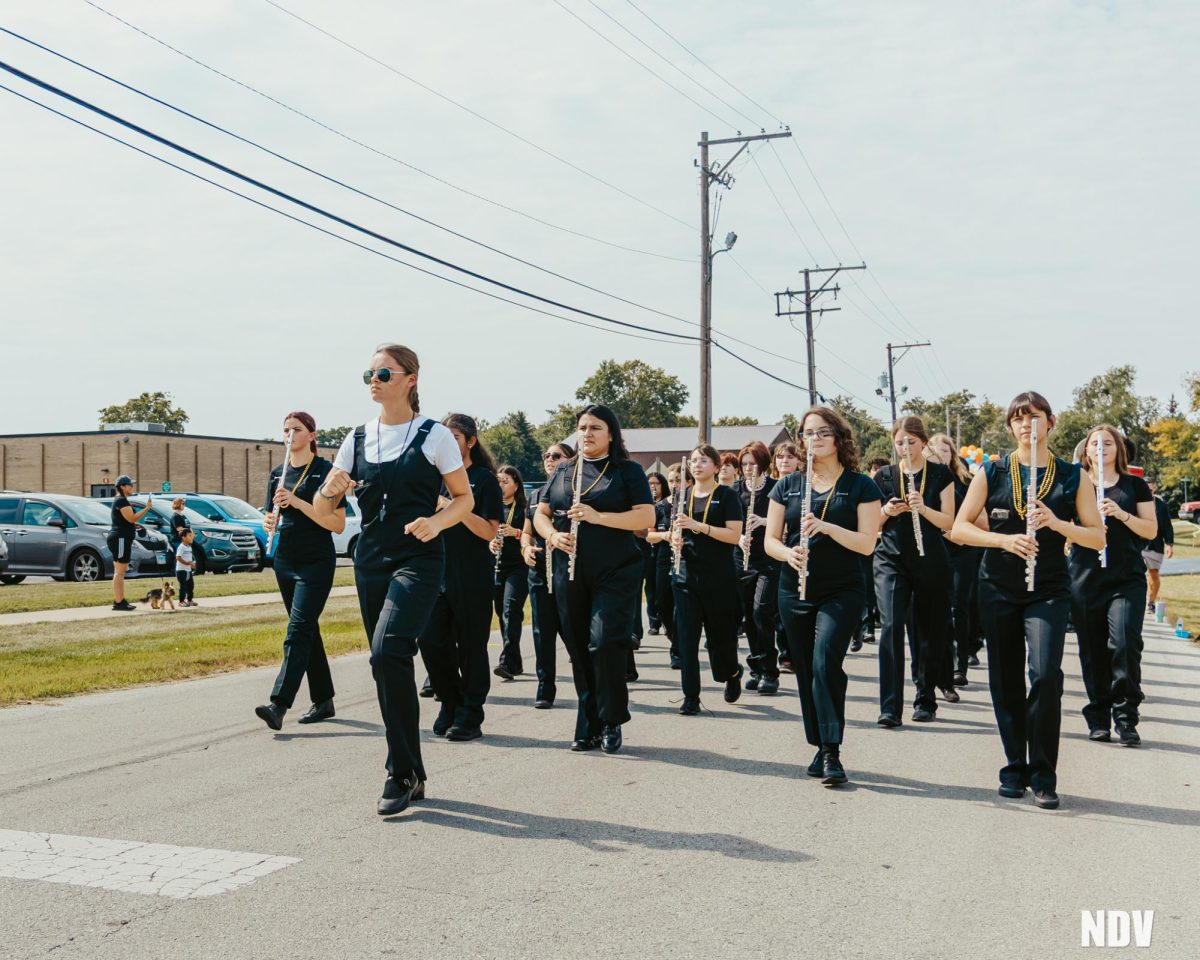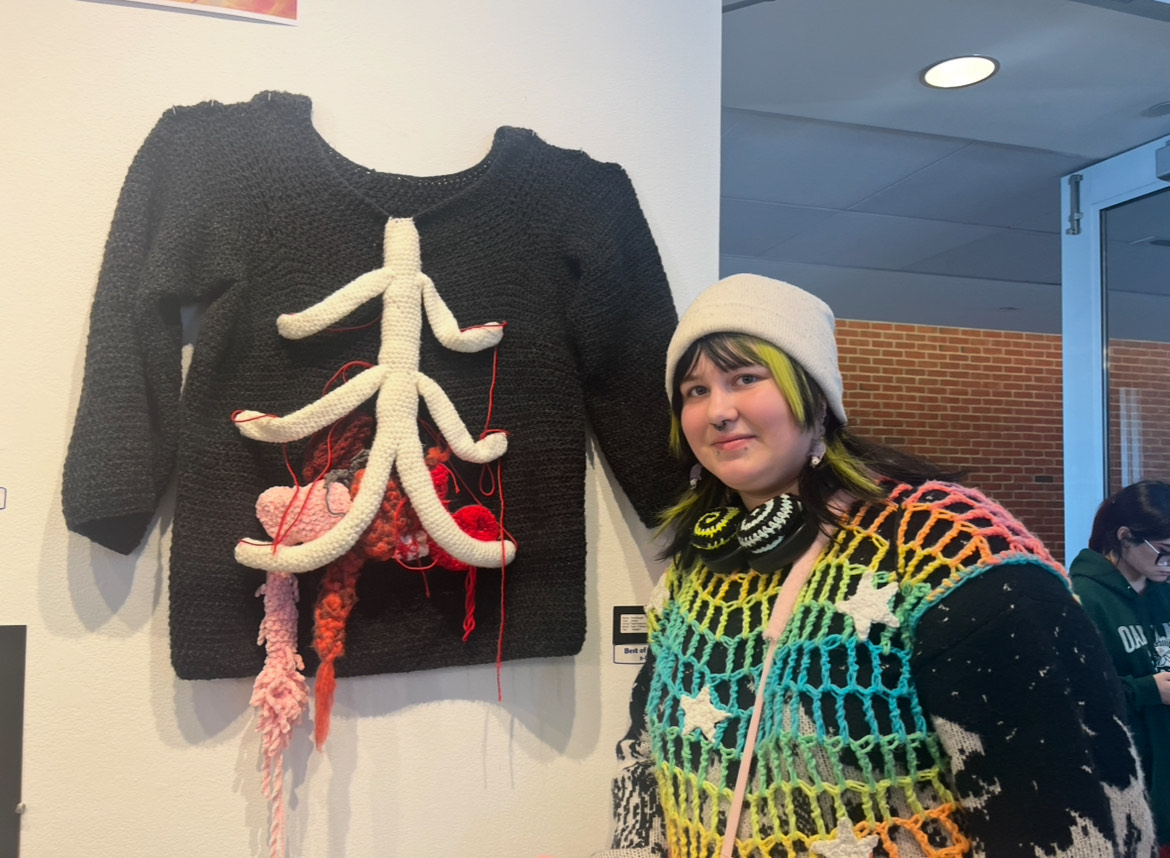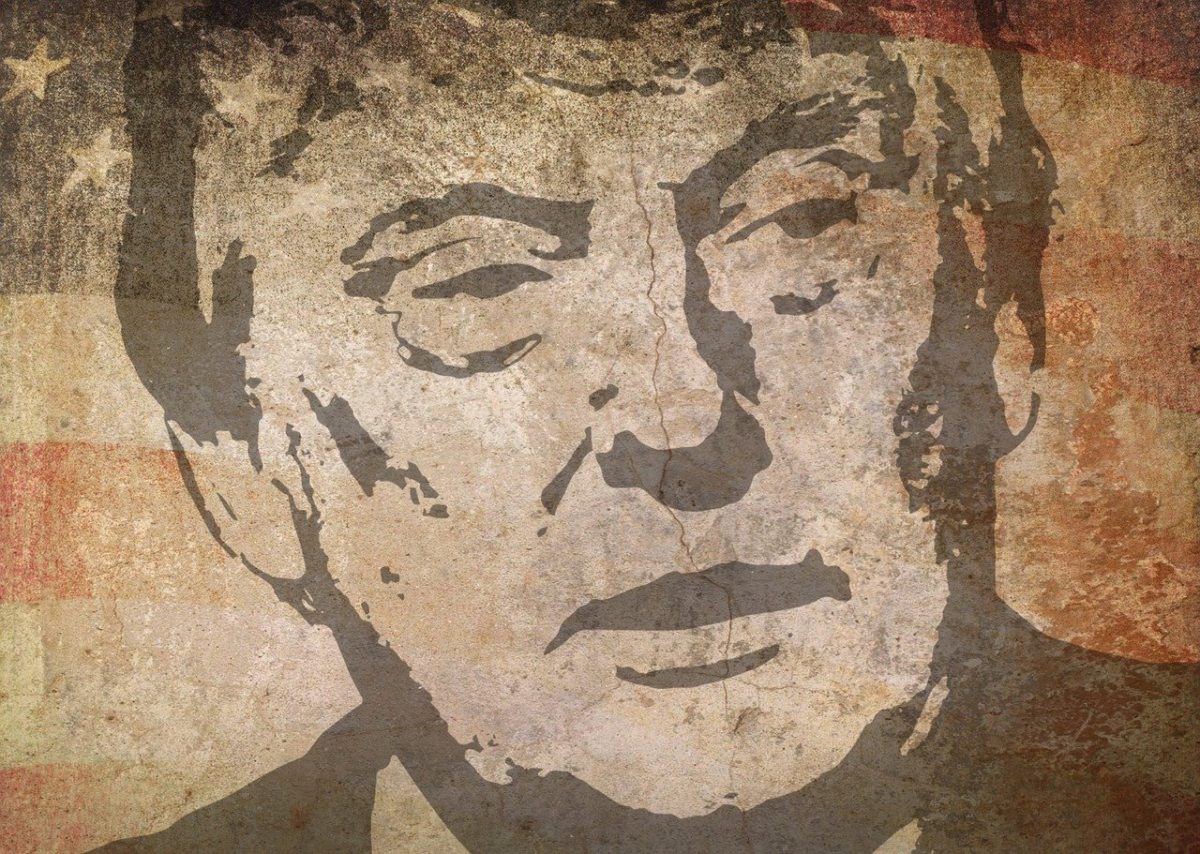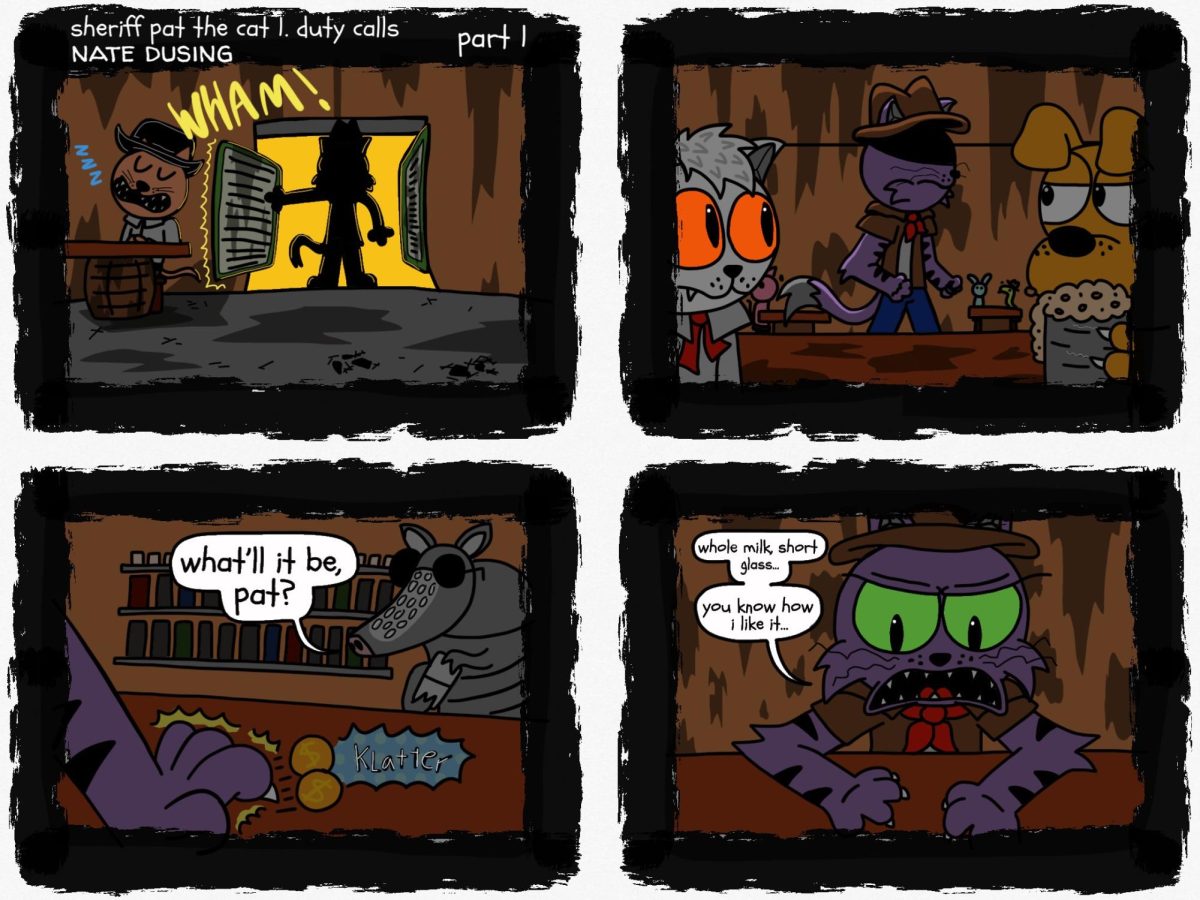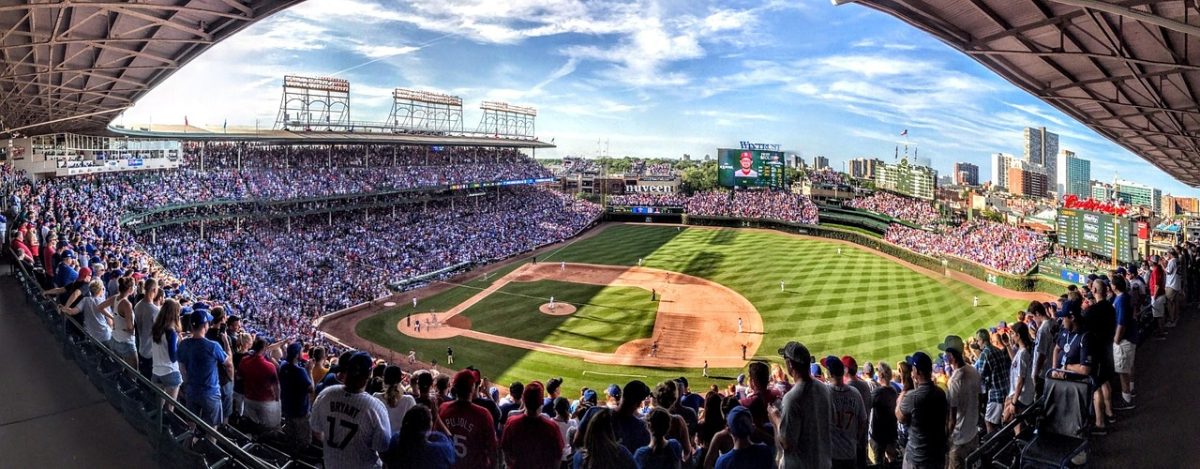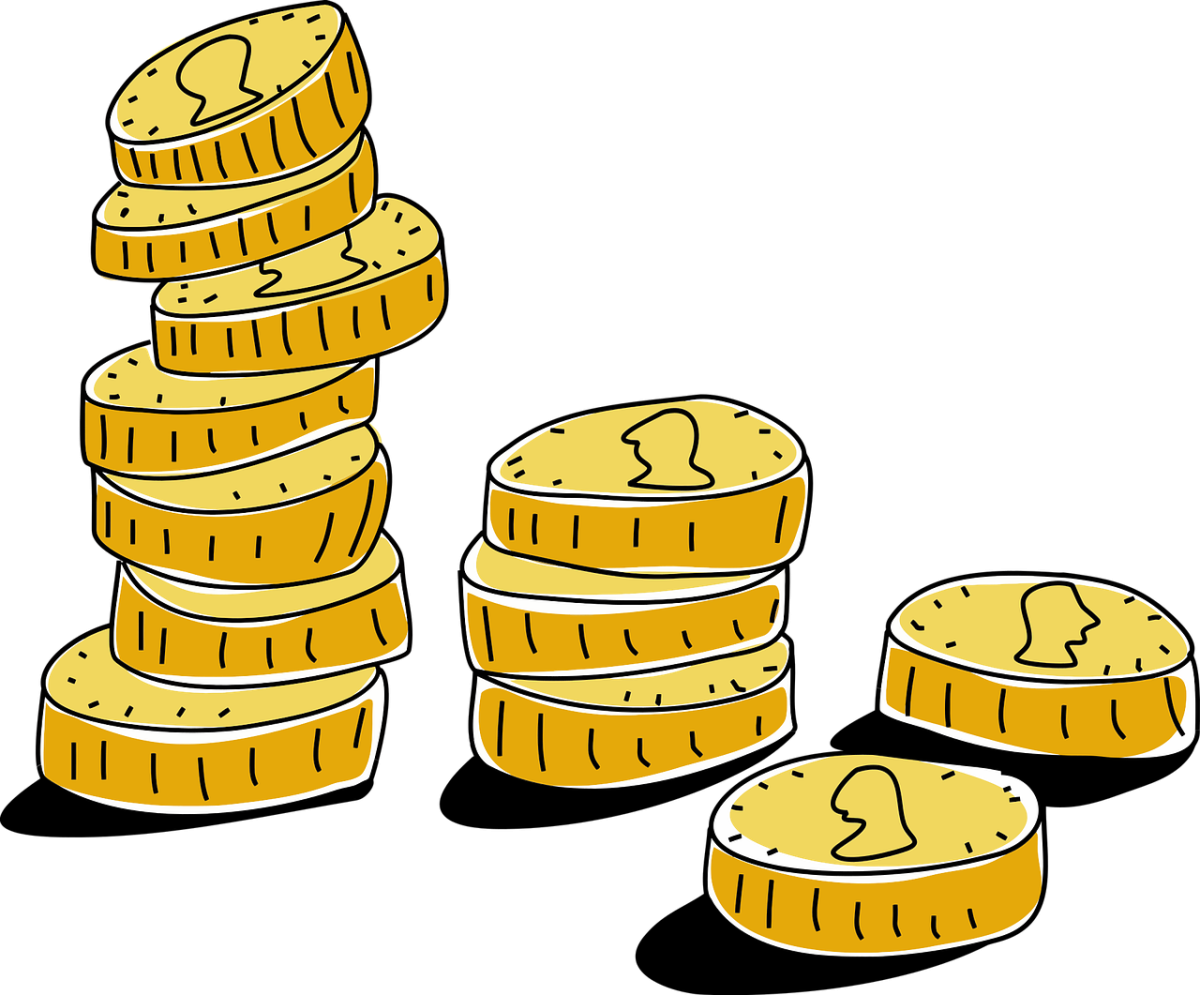The first French Republic began after the king abdicated and the National Convention took power. The National Convention started out united against the king, but after his abdication, it became divided into the moderate Girondistes and the radical Jacobins. In a close vote, the Girondistes took power. The newspaper writer Jean-Paul Marat notably criticized the effectiveness of the Girondistes in his pro-Jacobin publication.
One major problem that the moderate government faced was that the people were still hungry, even though the government kept discussing the new rights that the people had gained in France. In many cases, the people simply cared about feeding their family. The price of bread was still high, and to make matters worse, in 1792, the relatively weak government would face a wartime situation, as neighboring countries formed an alliance to restore the French monarchy.
As if matters couldn’t get any worse, the Jacobins and their radical leader, Maximilian Robespierre, claimed that the Girondistes had been ineffective. The Jacobins were obviously trying to take power. As the war began, and France started to struggle, especially from hunger and the perception of government ineffectiveness, there was another leadership vote. This time, some moderates flipped to the Jacobins, and Robespierre took power, hoping to restore some order to a crumbling French government.
Robespierre, the new Jacobin leader, was known for being harsh. Despite being in a war with much of Europe, he believed that his biggest enemies were at home in France. First, he wanted to find a method of execution for everyone. In the past, execution of people in the Third Estate was more brutal than the execution of those in the First or Second Estate. He came up with the guillotine, a blade that cut people’s heads off. Robespierre would use it on anyone who complained about the new republic. He killed many members of the Catholic clergy and changed the traditional Christian calendar. His method of eliminating the church and moving to the cult of reason and the new government was to making people fight for the army, which the Conscription Act did. It caused a civil war in France, where many people who were outside of Paris had originally been quiet. They didn’t like their church getting banned, their priests getting guillotined, and now fighting for the Jacobin government. Also, they felt that they were not struggling as much under the king, so they wanted the king back in power.
The price of food was still very high, but the problem was perhaps less apparent, as people who complained would often face execution. Even Robespierre’s friends were on the chopping block. By now, nearly anyone in France could get killed for speaking out. The king and the queen would be escorted from the castle and put in a prison. Almost a year later, they would face the guillotine themselves.
